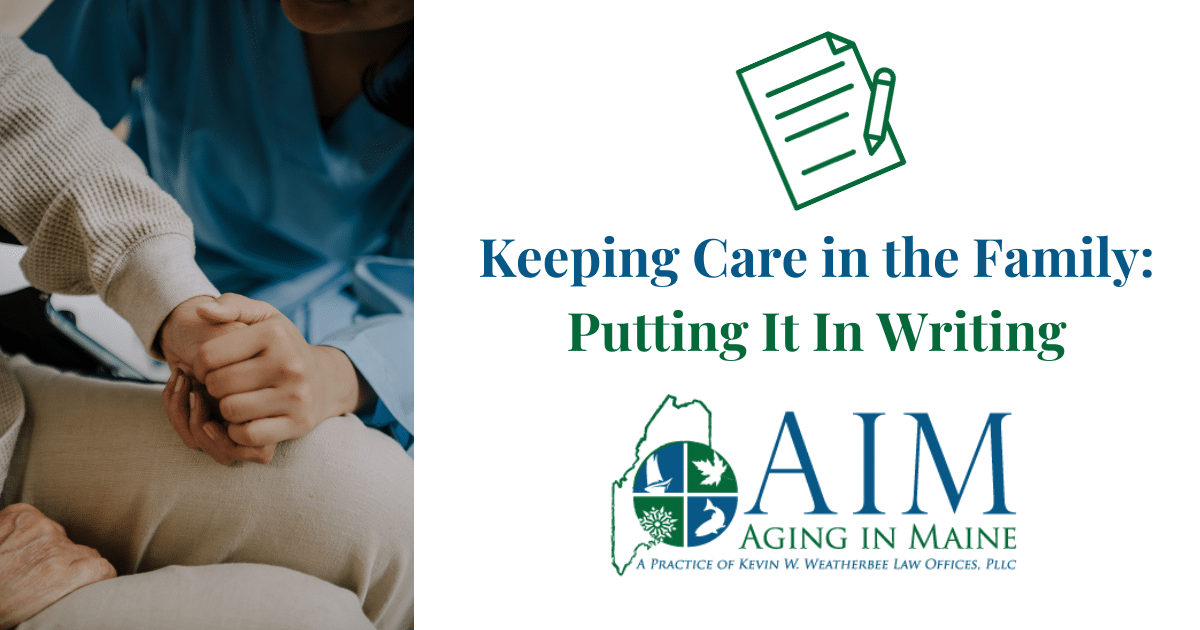According to a recent government report, available here, Medicare and Social Security are at risk of insolvency. Unless action is taken, Social Security will exceed its income by 2020, whereas Medicare is projected to exceed its hospital insurance fund by 2026. Social Security will have to start spending down, potentially including massive cuts in payments to recipients by 2035. Likewise, Medicare will be forced to leave patients on the hook for more and more of their hospital and nursing home expenses.
This will have massive effects, especially on those who rely on these social welfare programs the most. According to this study by the Center on Budget and Policy Priorities, Social Security lifts 15 million elderly Americans out of poverty. With Social Security, around 9% of elderly Americans have incomes below the poverty line; without it, more than 39% of elderly Americans would be below the poverty line. A reduction of benefits would disproportionately impact women and people of color, leaving elderly Latinos at a 50% poverty rate without Social Security, and above 50% for elderly African Americans. And without Social Security, some 9.1 elderly women would be in poverty.
Furthermore, the need for these programs continues to grow, based on the massive numbers of Boomers continuing to retire, the insufficient number of people entering the workforce, and the increasing life expectancy. This raises the cost of these programs, and thus exacerbates the problems they face.
This presents a huge political issue: for obvious reasons, the public is incredibly unwilling to accept cuts to these programs. The last time this problem arose, in the early 1980s, a serious bi-partisan effort was required to prevent just that. The Reagan-O’Neill agreement reduced benefits by delaying the standard retirement age, and by increasing taxes.
But in today’s political climate, it may not be possible to reach the necessary compromises. Democrats push for raises in taxes on the wealthy; conservatives would prefer to reduce to size of Social Security and Medicare instead.
In the meanwhile, these programs continue to run up debt, with reduced benefits to those retiring now, and the potential for massive taxes without any benefits for young people just entering the workforce.
Many seniors rely on Social Security for their retirement, and Medicare for health insurance. The failure of these programs would be devastating for seniors. However, there are legal steps that can be taken now to help prepare for the possible loss of these programs and to provide a plan for how to access and pay for care should you need later in life. If you would like to set up time to discuss your particular needs, please don’t hesitate to reach out. Give us a call at (207)848-5600
Links for further reading:
- https://www.nytimes.com/2019/04/22/us/politics/social-security-medicare-insolvency.html
- https://www.nytimes.com/2019/06/12/business/social-security-shortfall-2020.html
- https://www.nytimes.com/2019/02/03/us/politics/social-security-2100-act.html?module=inline
- https://thehill.com/opinion/finance/443465-social-security-just-ran-a-9-trillion-deficit-and-nobody-noticed
- https://www.reuters.com/article/us-column-miller-socialsecurity/social-security-and-the-u-s-deficit-separating-fact-from-fiction-idUSKCN1N64GR




